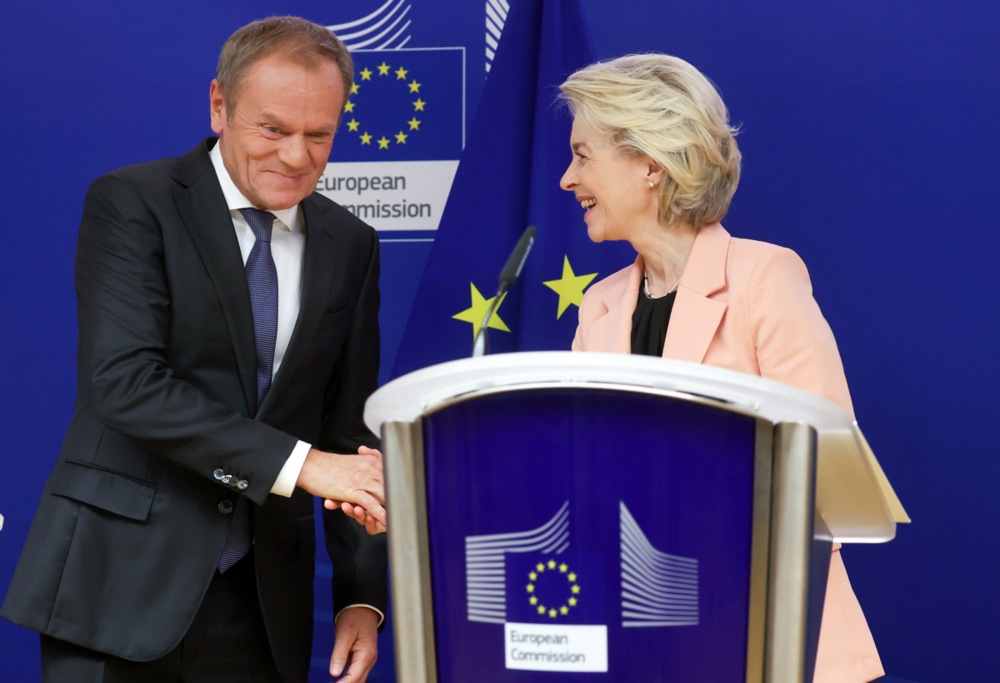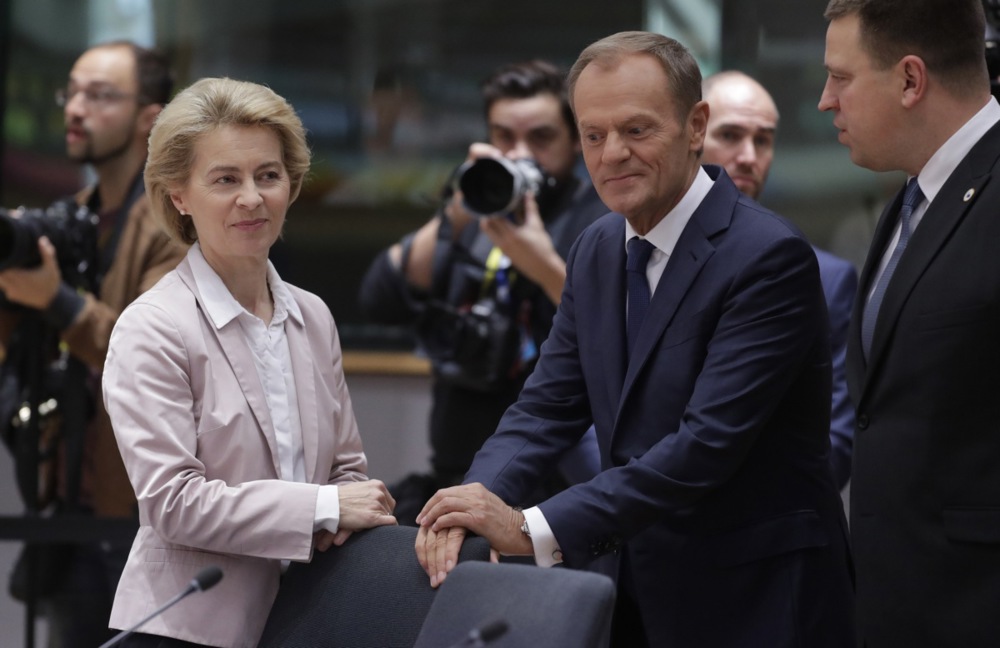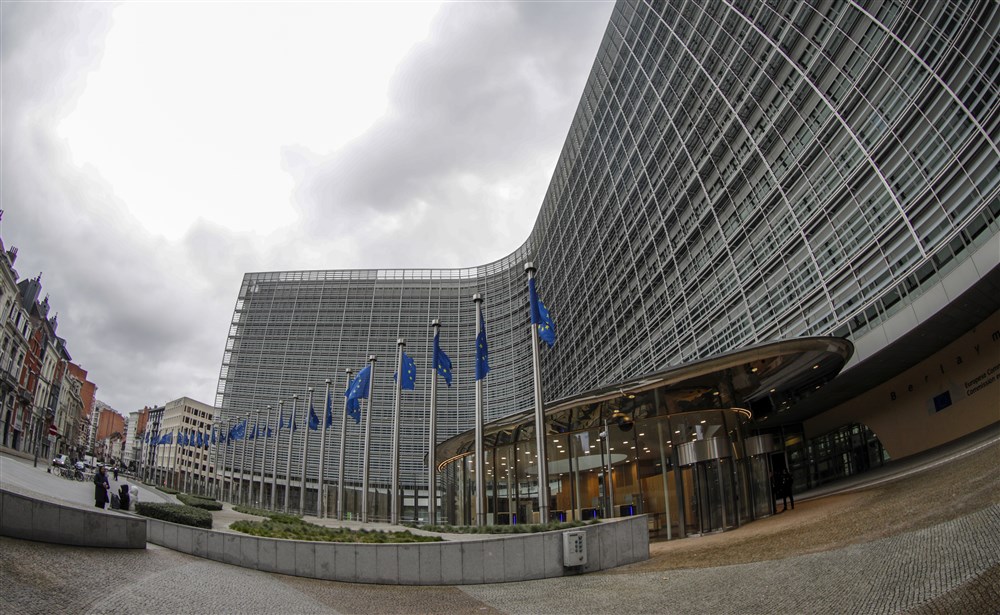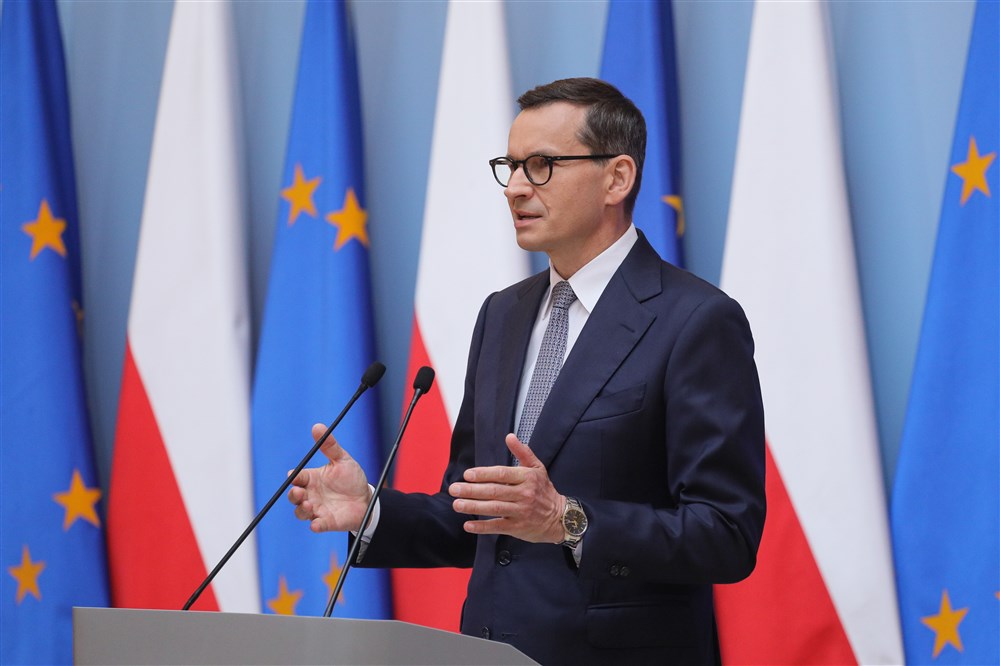The new Polish Prime Minister Donald Tusk has announced that his country is returning to co-operation with the rest of the European Union on issues such as migration and climate change in a bid to strengthen its position in the Euro community.
During a speech in which Tusk formally introduced his new ministers and programme for government, he appealed for a rejection of the notion that the EU and some of its Member States were a “threat” to Poland.
“Everyone who has finished primary school, a basic history course, must know that a lonely Poland is a Poland exposed to the greatest risks,” he argued, adding that the migration and climate crises required “multilateral solutions”.
His remarks seem to indicate that Poland will be willing to follow Czechia’s example of agreeing to the EU Migration Pact and seeking an exemption to its provisions on the grounds that the country has already absorbed hundreds of thousands of Ukrainian refugees.
Tusk’s comments are also likely to mean that Poland will become more accommodating within EU bodies on climate-change goals and there will be less Polish reluctance to agree on the ambitious climate policies being pursued as part of the EU’s Green Deal.
He also hinted at a change in Poland’s approach to the policing of its border with Belarus. Tusk said that, although that border must be secure, illegal migrants who cross it should be treated “humanely”.
His party has in the past criticised the previous ruling party for what it saw as harsh treatment of illegal migrants on that border.
Regarding Ukraine, Tusk pledged to “speak out” on behalf of the country.
“We will, and I am counting on the co-operation of all political forces, loudly and firmly demand the full mobilisation of the free world, the Western world, to help Ukraine in this war,” he declared, adding he would do that “from day one”.
At the same time, Tusk admitted that “Poland’s full commitment to Ukraine in the cruel conflict with the Russian aggressor cannot mean the lack of cordial, friendly assertiveness when it comes to Polish interests”.
He also referred to the interests of Polish entrepreneurs, truck drivers and farmers, adding it was not difficult to help an ally and accommodate “these two matters precisely” at the same time.
“We will be very precise, and if necessary tough, in guarding Polish interests and relations with every neighbour that wants to continue building with us and further strengthen the free world based on the values that Ukraine is fighting for today,” Tusk said.
His address, despite being two hours long, contained no prioritisation of or timetable for realisation of the new Government’s election pledges.
The Prime Minister merely said that all the 100 measures in his party’s programme and the coalition agreement with the other three parties forming the new Government were “going to be implemented”.
He spent much more time criticising the previous administration for allegedly breaching the Polish Constitution and of undermining the rule of law. Tusk asserted that those found responsible would be punished and that rule-of-law would be restored, although he did not define how that might be achieved.
Among concrete measures he mentioned were a 30 per cent rise in teachers’ pay and 20 per cent increase for those in the public sector, and that a fiscal council will be set up to monitor government spending.
Additionally, he said entrepreneurs will be allowed to defer payment of their social security contributions, an audit of state companies will be carried out and a ministry of industry will be set up and located in Silesia.
Tusk’s first visit abroad will be to the Brussels EU summit on December 14 to 15. He pledged he would return from that meeting having unblocked Poland’s post-COVID pandemic funds the EC has withheld for alleged rule-of-law violations.
He did not outline how he would persuade the EC to annul the legislative “milestones” that have been set by the body for Poland before these funds can be made available.





